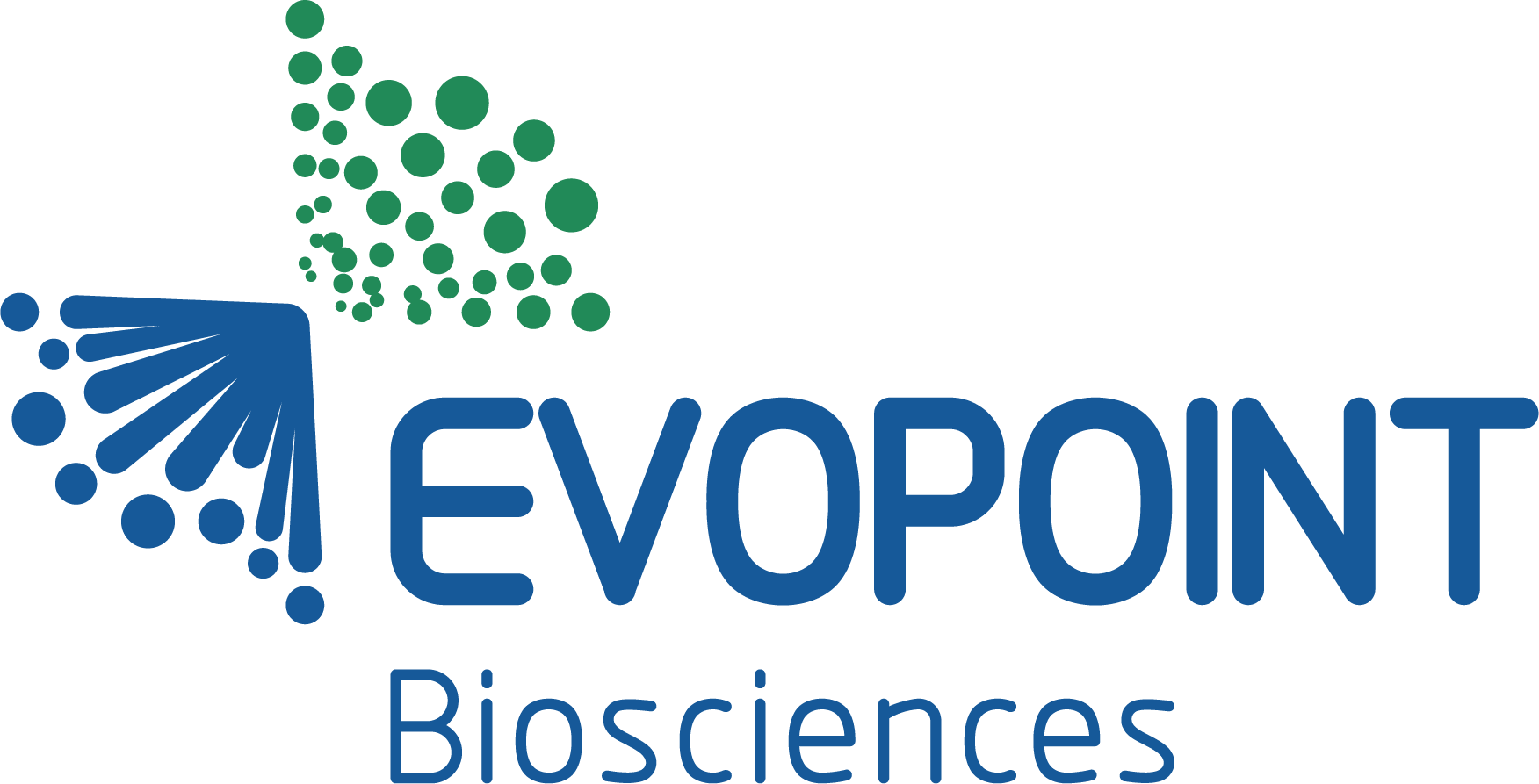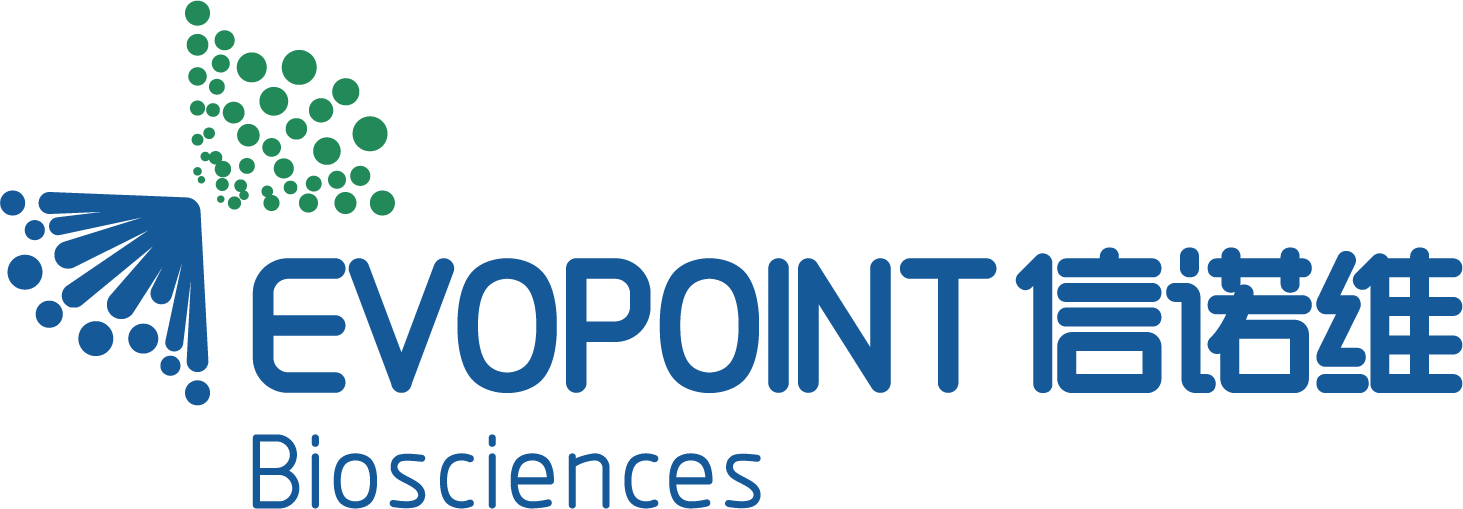Evopoint's EZH2 inhibitor XNW5004 Achieves Breakthrough Therapy Designation
On September 10, 2024, Evopoint Biosciences Co., Ltd. (“Evopoint” or “the Company”) was informed by the Drug Evaluation Center (CDE) of the National Medical Products Administration (NMPA) that the EZH2 inhibitor XNW5004, an innovative drug independently developed by Evopoint, has officially been designated as a breakthrough therapy for the treatment of relapsed or refractory peripheral T-cell lymphoma (PTCL). This significant breakthrough, attributed to the outstanding results demonstrated by XNW5004 in clinical phase II trials, is expected to provide essential novel therapies for more patients in China.
“We are pleased to learn that the CDE has granted XNW5004 the Breakthrough Therapy Designation, which marks another key milestone in the development process of XNW5004 and acknowledges its breakthrough clinical value in treating PTC,” said Mr. Le Meijie, co-founder and CEO of Evopoint. “We will continue to push forward the accelerated research and development of this innovative drug to ensure its earliest approval possible, ultimately allowing various patients to benefit from innovative drug therapies.”
A breakthrough therapy is defined as an innovative drug or modified drug used to prevent or treat serious life-threatening diseases or conditions that have no effective treatment options, or for which sufficient evidence is available to demonstrate a significant clinical advantage over existing therapies. For innovative drugs included in the breakthrough therapy category, the CDE will prioritize resource allocation, significantly shortening the time to market for novel drugs.
About XNW5004
XNW5004 is a substrate-competitive specific small-molecule inhibitor of EZH2 within dependent intellectual property rights owned by Evopoint. Existing clinical trials have confirmed that this type of drugs has good anti-tumor effect in lymphoma, which can be considered to be a novel therapeutic option for lymphoma patients. Meanwhile, in several preclinical in vitro and in vivo models on efficacy, XNW5004 was used jointly with multiple drugs for multiple solid tumor indications, with good anti-tumor activities and safety.
About EZH2
EZH2 is a catalytic subunit of the polycomb repressive complex 2 (PRC2). It can inhibit the transcription of target genes through tri-methylation of histone H3lysine 27 (H3K27me3) and participate in the regulation of cell cycle, cellaging, cell differentiation, tumor igenesis and other pathophysiological processes. In B-cell lymphoma, EZH2 mutations were detected in 7-12% offollicular lymphoma (FL) and 22% of diffuse large B-cell lymphoma (DLBCL),which could induce continuous activation of EZH2. As supported by multiple translational medicine research, dual targeting of EZH2 and AR have strong synergistic effect and enhanced anti-tumor activities, which is expected to prolong the survival time and improve the survival rate of patients, with controllable safety. This combined therapy may break through the acquired drug resistance and poor durability of AR inhibitors. Furthermore, the interaction between EZH2 and PARP1 functions significantly in DNA repair. Simultaneous inhibition of EZH2 and PARP can significantly inhibit the proliferation of tumor cells, which may be effective to overcome drug resistance of PARP inhibitors. Besides, EZH2 inhibitors can regulate the immune microenvironment and may reverse drug resistance of PD-1. Therefore, it is speculated that EZH2 inhibitors combined with PD-1 may prolong the treatment duration of PD-1 andenhance the survival benefit of patients.



